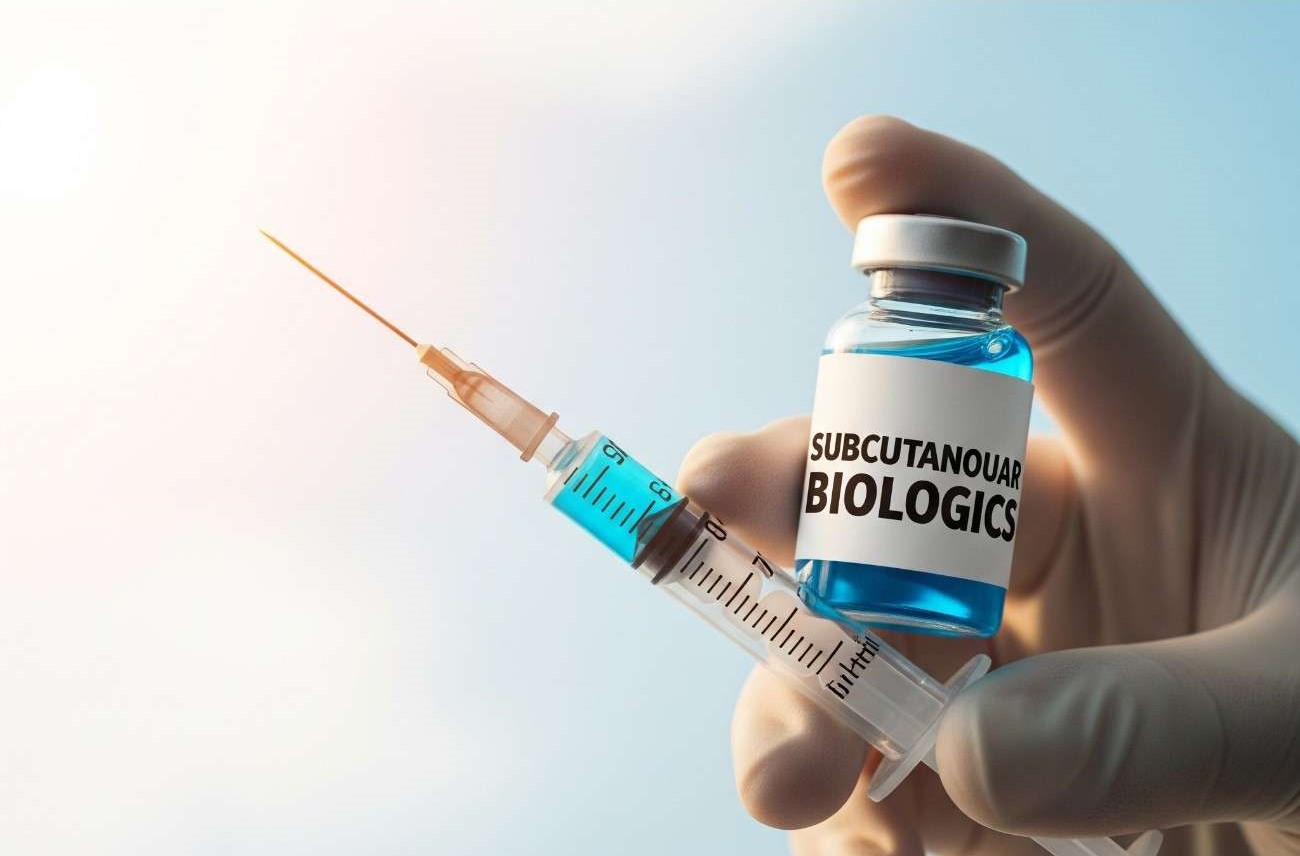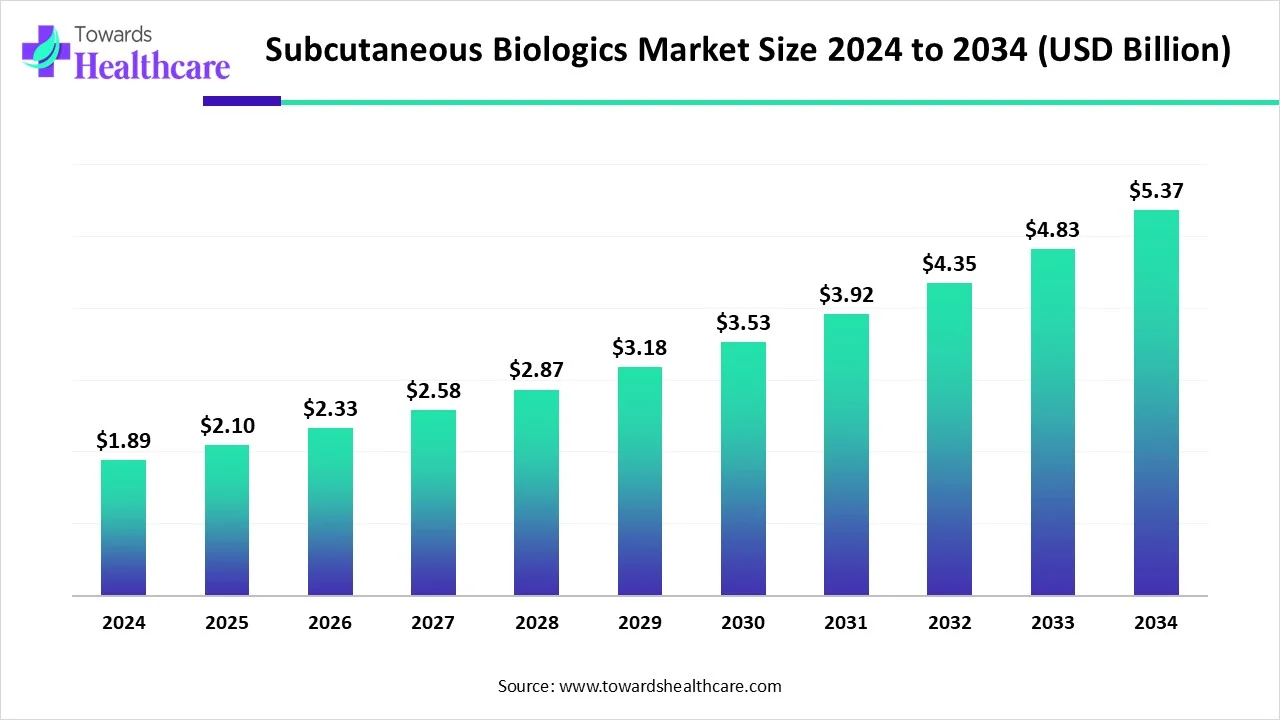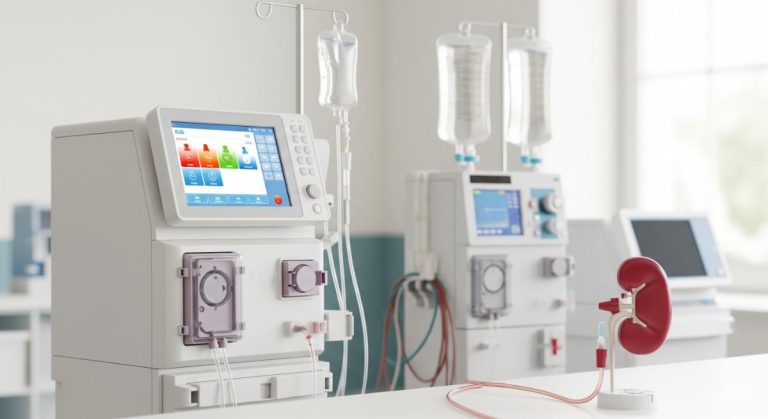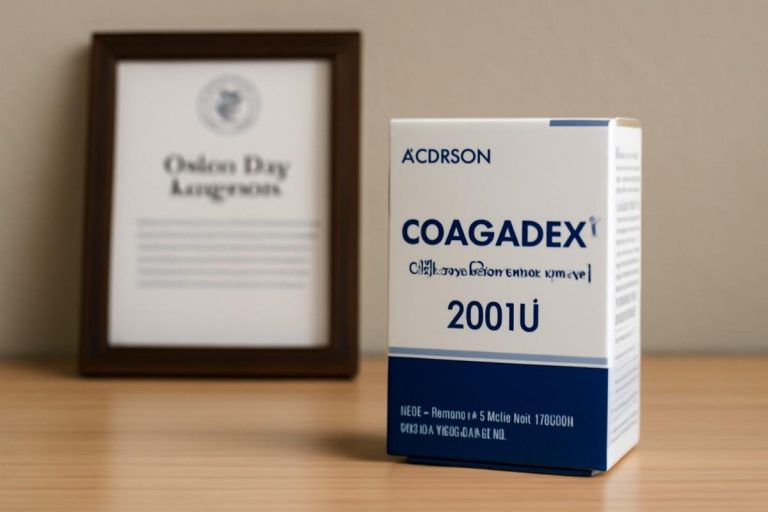
Market Overview
The global subcutaneous biologics market is on a strong growth trajectory, projected to expand from USD 1.89 billion in 2024 to USD 5.37 billion by 2034, marking a robust CAGR of 11.09%. This surge is largely driven by the increasing demand for self-administered therapies, patient-friendly delivery methods, and advancements in biologics and drug delivery technologies.

What are Subcutaneous Biologics?
Biologics are complex therapies derived from living cells, including monoclonal antibodies, vaccines, gene therapies, and more. These are administered either intravenously (IV) or subcutaneously (SC). Subcutaneous administration involves injecting the drug directly into the fatty tissue beneath the skin, allowing for slower and sustained absorption, making it a preferred route for many therapies.
Invest in Our Premium Strategic Solution: https://www.towardshealthcare.com/download-databook/5726
Key Market Highlights
-
2024 Market Size: USD 1.89 Billion
-
2034 Forecast: USD 5.37 Billion
-
Growth Rate (2025–2034): 11.09% CAGR
-
Regional Leader: North America
-
Fastest-Growing Region: Asia-Pacific
Segmental Insights
By Biologic Type:
-
Dominant in 2024: Antibodies led the market revenue.
-
Emerging Leader: Nucleotides are anticipated to witness rapid growth.
By Administration Method:
-
Top Contributor in 2024: Injections
-
Fast-Growing Segment: Infusion methods are gaining traction due to ease of use and patient compliance.
By Therapeutic Area:
-
Leading Segment: Autoimmune disorders
-
Highest Projected Growth: Oncological disorders due to increasing cancer cases and advancements in immunotherapy.
Get All the Details in Our Solutions – Access Report Preview: https://www.towardshealthcare.com/download-sample/5726
Market Trends Fueling Growth
1. Rising Preference for Self-Administration
Subcutaneous delivery is revolutionizing patient care by enabling home-based treatment. It eliminates the need for clinical visits, improves treatment adherence, and promotes a more patient-centric approach.
2. Technological Collaborations
-
Novartis & Lindy Biosciences (Aug 2024): Partnered to develop single-dose injectables using microglassification technology.
-
OneSource & Bhami’s Research Laboratory (Aug 2024): Collaborated on HILOPROO technology to reduce viscosity for high-concentration biologics.
AI Empowering Drug Delivery
Artificial Intelligence (AI) is increasingly being embedded into smart drug delivery systems. AI can:
-
Automate dose measurement and reminders
-
Ensure regulatory compliance
-
Provide real-time insights to healthcare professionals
-
Enhance personalized dosing and medication adherence
If you have any questions, please feel free to contact us at sales@towardshealthcare.com
Regional Landscape
North America
Dominated the global market in 2024, backed by cutting-edge healthcare infrastructure and the presence of key players.
Asia-Pacific
Poised to grow at the fastest rate, driven by:
-
Booming biotech industry
-
Government support
-
Rising chronic disease prevalence
India leads with the highest number of biosimilar approvals (95), while China’s NMPA approved 93 biologics in 2024 alone.
Europe
Expected to show significant growth due to:
-
Strategic investments in R&D
-
Government-funded life sciences initiatives
Germany and the UK are spearheading the push with billion-dollar funding for biologics manufacturing.
Spotlight: Recent Industry Developments
-
May 2025: Biocon and Yoshindo launched Ustekinumab BS for psoriasis and arthritis in Japan.
-
Jan 2025: FDA approved LEQEMBI, a subcutaneous autoinjector for Alzheimer’s, by Eisai and Biogen.
-
Dr. Enriqueta Felip endorsed Merck’s SC pembrolizumab, citing reduced burden on patients and clinicians with consistent efficacy.
Conclusion: A Future Defined by Convenience and Innovation
The subcutaneous biologics market is steering toward a future of accessible, convenient, and effective therapy delivery. With innovations in biologics formulation, smart injectors, and supportive government policies worldwide, the sector is on a path of exponential growth.
As self-care and precision medicine become mainstream, subcutaneous biologics are not just an alternative—they’re fast becoming the preferred choice for both patients and providers.
Source : https://www.towardshealthcare.com/insights/subcutaneous-biologics-market-sizing






